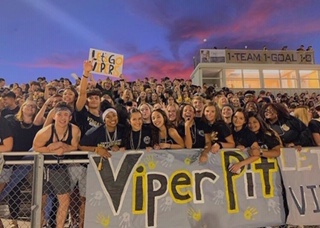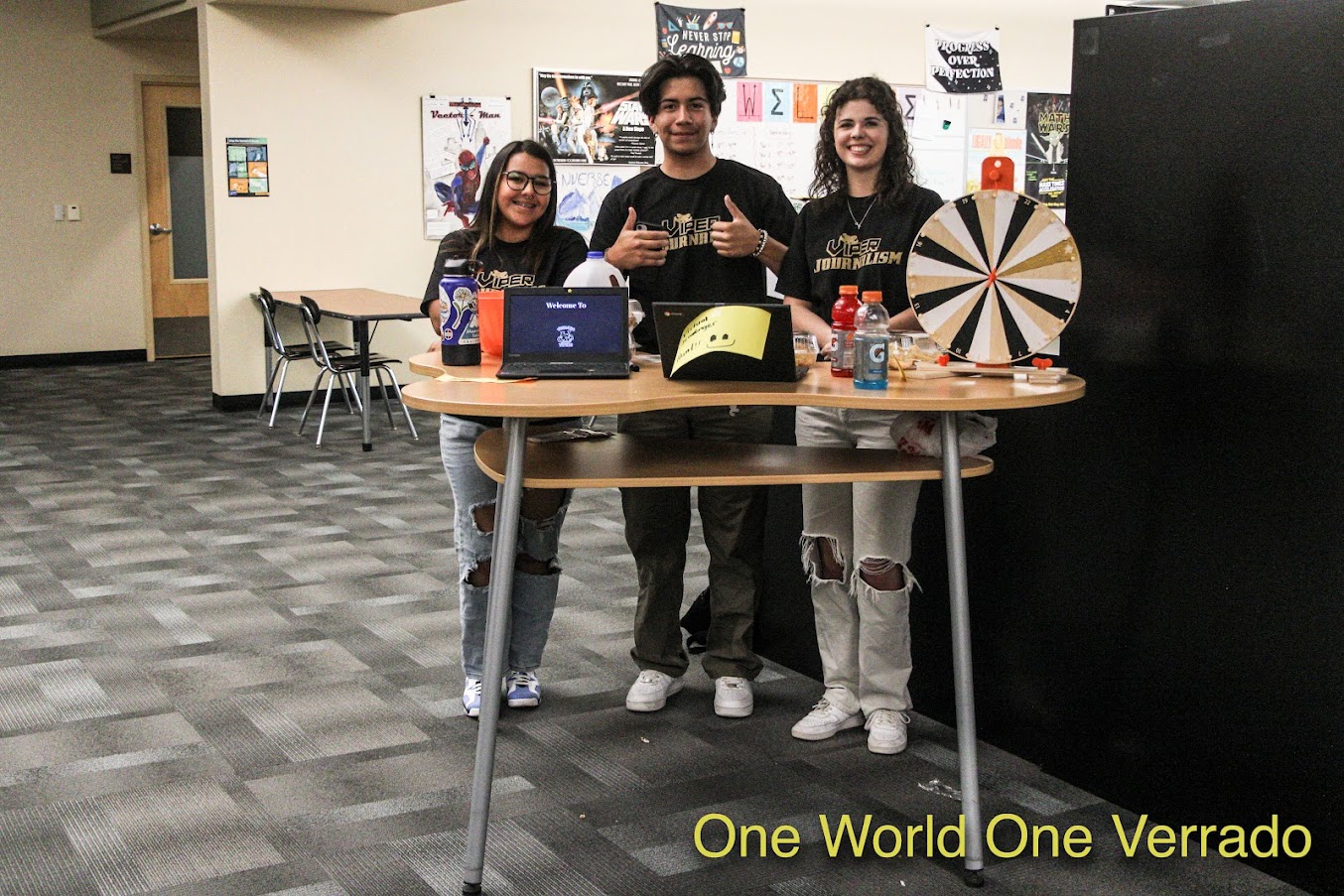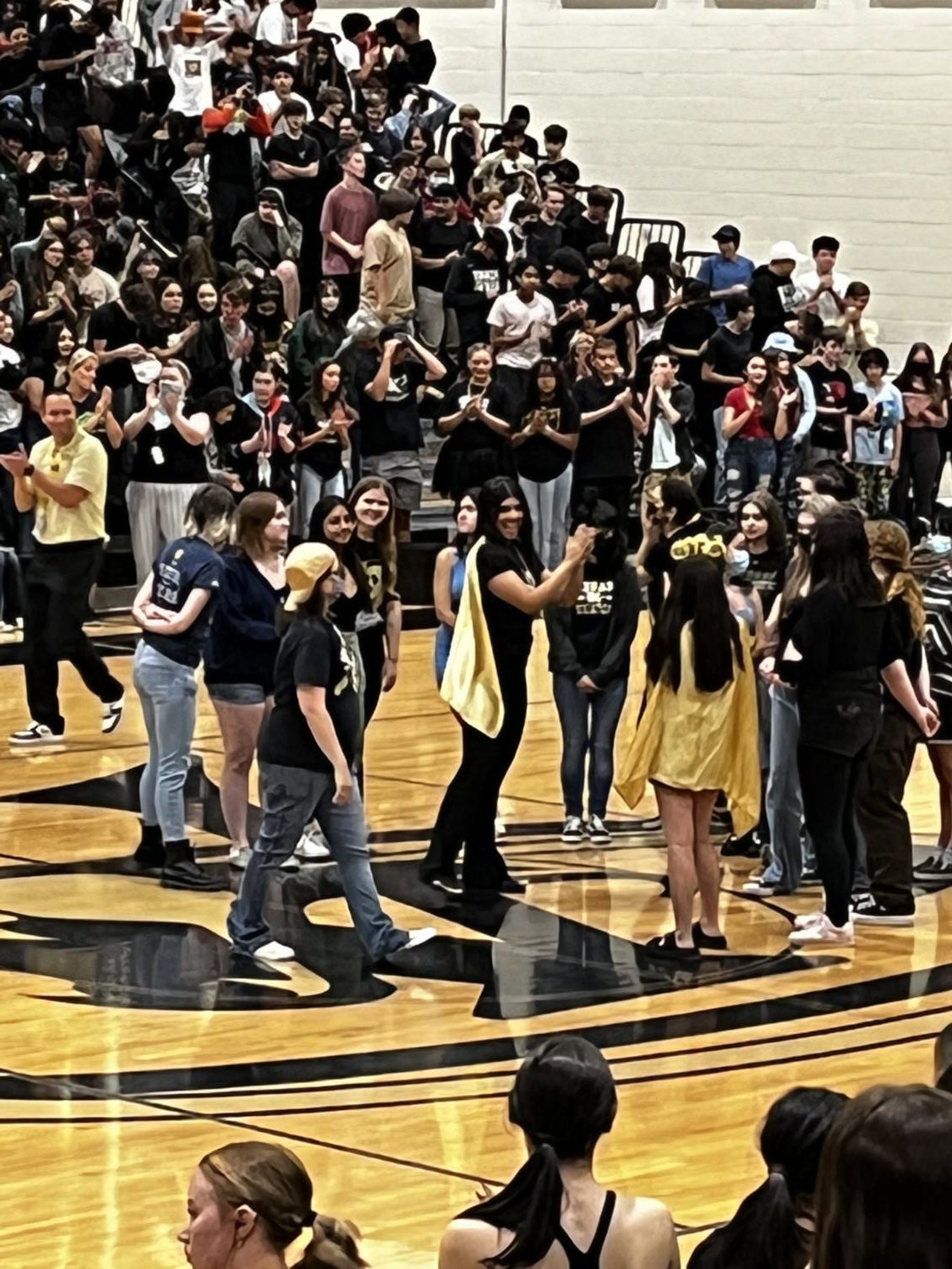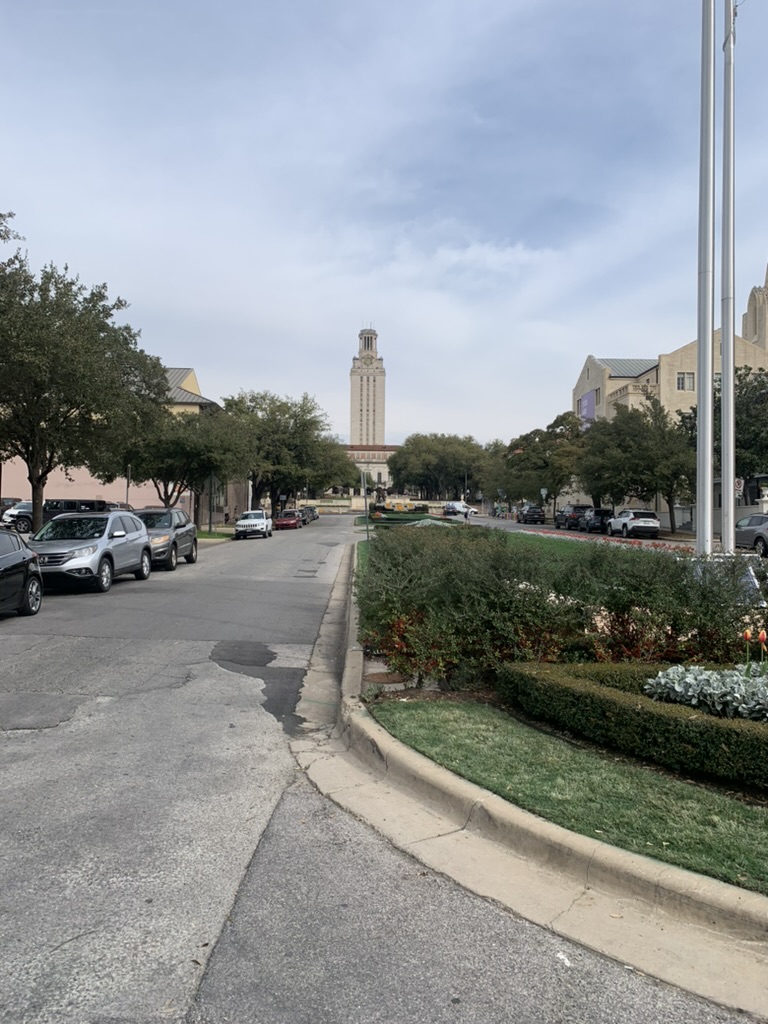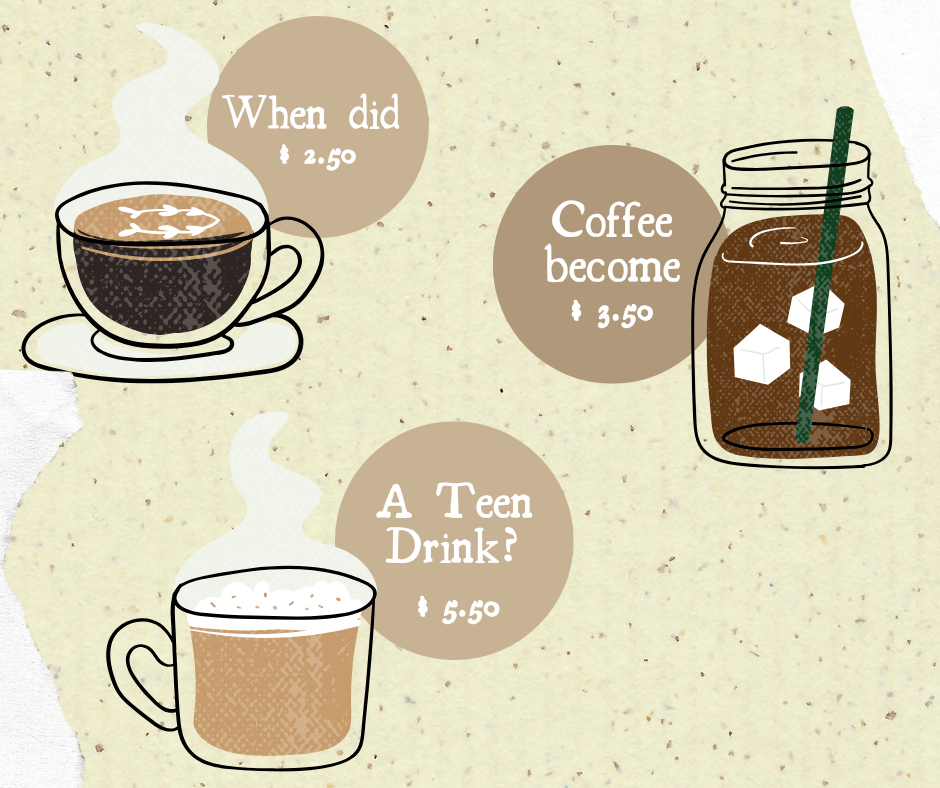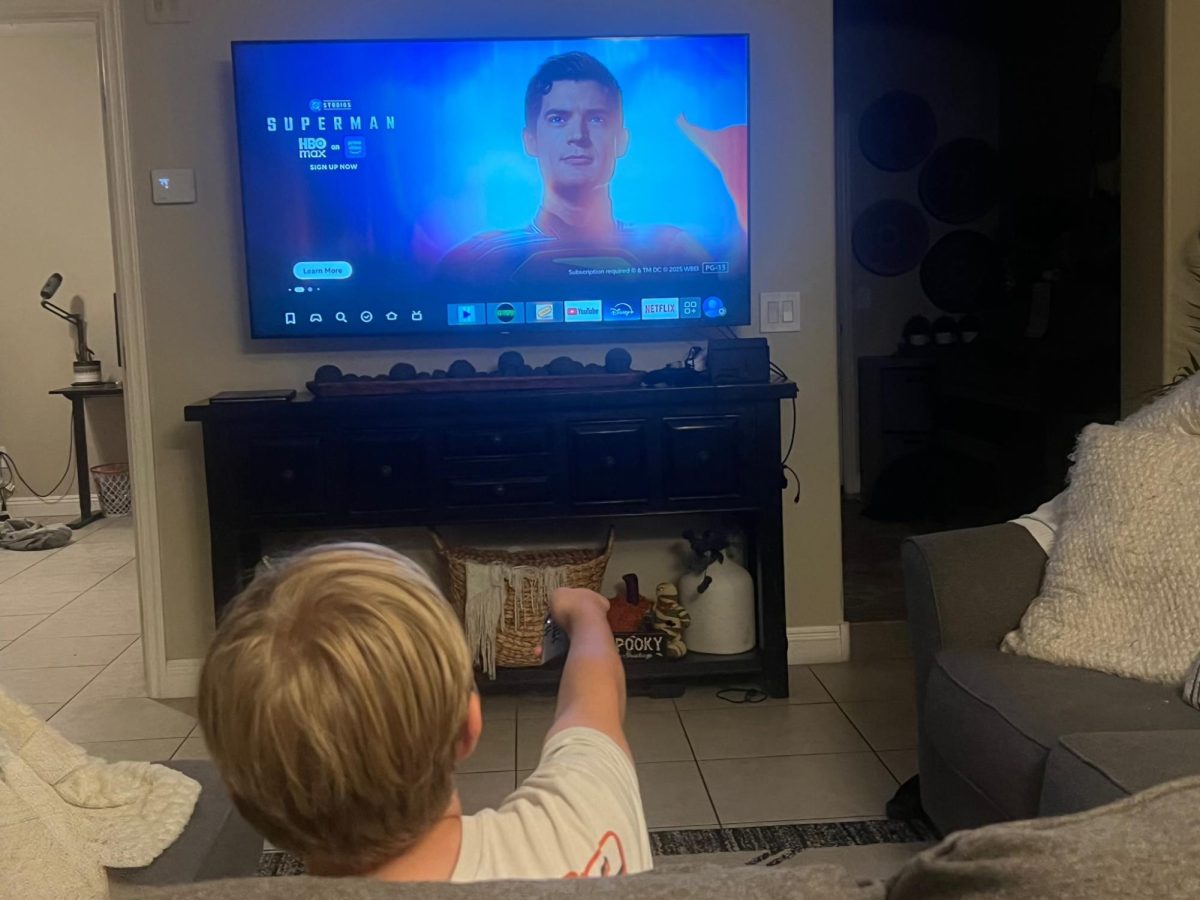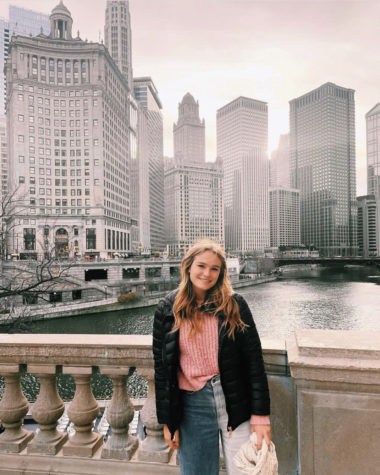Students marched holding signs, and peacefully protesting along the speedway. This is a common scene at The University of Texas. This simple scene turned bad this past Wednesday, April 24th. Police were called for a mass anti-Israel protest, where some students were not abiding by campus rules. At UT, in the week of April 24th-May 3rd, over 100 people were arrested during these pro-Palestine protests. Police were called and tear gas was used to get these protests under control.
Protests on Speedway have always been well known.
As someone attending UT next year, all the events are confusing. My immediate concern is that it will affect traditions at the university for a long time to come. The University of Southern California canceled their graduation because of the protests around their campus.
I am also concerned that it might affect the future of protesting and campaigning at the university. Even though I do have many concerns, part of me feels like it is cool that I am going to a university where history is happening.
Part of the reason that I fell in love with the Univerity of Texas was that as I walked down Speedway (the main street of campus that connects to the main quad) I was drawn to the several different groups I saw handing out bracelets and holding signs peacefully standing up for what they believed in. Although I may not have agreed with what they were protesting, it made me feel like I was experiencing the school’s motto of “What starts here changes the world.”
The pro-Palestine protesters were demanding that the University of Texas divest from companies that sell technology and weapons to Israel, disclose all endowment investments, and end academic partnerships with Israel.
Since late April, anti-Israel protests have been going on throughout the country across college campuses. It has lasting effects on universities nationwide including the University of Texas.
President Jay Hartzel claimed the main reason for him taking such swift police action is that they want to create a safe and productive environment for finals week. Although many of the protesters were unaffiliated with the campus according to several Texas Tribune articles, the protests are creating a large divide on campus. However, most student activities are going on as normal despite the political upheaval going on around campus.
Following the police crackdown in a statement the University said, “UT Austin actively supports free speech and peaceful protests, which happen regularly on campus surrounding various issues… Protests, however, must comply with Institutional Rules and policies about time, place and manner, one of which is that no one may create or attempt to create an encampment. When a protest violates Institutional Rules, protesters are told to disperse.”
The main rule they were cited to have broken as part of the same statement, was the forming of encampments and public camping which goes against Institutional rules.
“Watching students fervently protest different issues on the UT, stated Louise Comer graduating class of ’99’The campus can be an incredibly memorable and impactful experience is a testament to the passion and dedication of the student body as well as a reflection of the university’s commitment to fostering critical, thinking, and civic engagement as you walk through the campus.”
The University of Texas has had a long history of protests on its campus because it is right next to the Texas Capitol and Texas Supreme Court.
“Roe v. Wade originated in the Texas Supreme Court and the attorney for Jane Roe was from the UT law school many of the Roe v. Wade debates, discussions, and protests took place on or near the UT campus in the early days and continued in my time they’re in the late 90s and into today,” added Louise.
This is not the first time the university has been caught in the middle of a major political issue causing mass protest but only time will tell if the latest events will have a lasting impact on the future of protesting and operations at the University of Texas.
